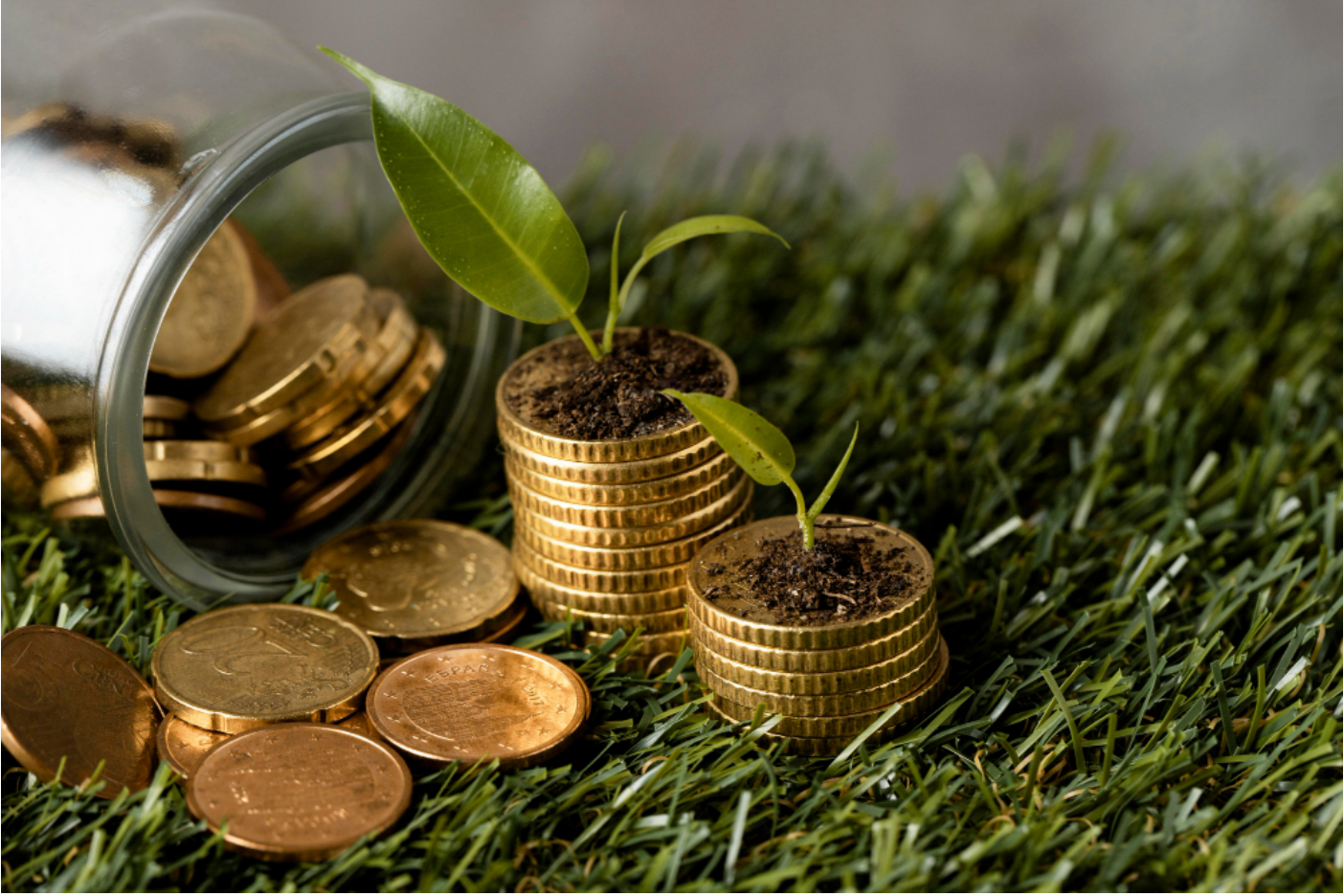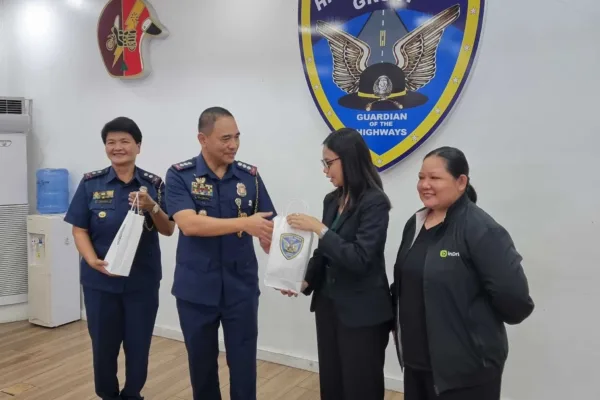by Alexis Tuble, Correspondent
Sustainable investing and Environmental, Social, and Governance (ESG) integration are rapidly reshaping the landscape of business and finance in the Philippines. As the world intensifies its focus on climate change, social equity, and corporate governance, Filipino companies are increasingly aligning with global trends toward sustainability.

This shift isn’t just a passing trend — it reflects a broader movement where businesses are integrating ESG principles into their operations and investment strategies, signaling a long-term commitment to sustainable growth.
The push for ESG integration is coming from both the public and private sectors, marking a significant turning point for the country’s corporate environment. In the past year alone, multiple large corporations have adopted ESG strategies that prioritize environmental stewardship, social responsibility, and transparent governance. Meanwhile, investors are beginning to direct their funds toward businesses that demonstrate a genuine commitment to sustainability.
Government support fuels ESG growth

The Philippine government has taken an active role in fostering a sustainable investment ecosystem. In recent years, initiatives like the Sustainable Finance Roadmap have been introduced to guide businesses and financial institutions in adopting ESG practices. The roadmap offers a clear framework for integrating sustainability into the country’s financial systems, promoting both transparency and responsible investment practices.
The Bangko Sentral ng Pilipinas (BSP) has also strengthened the country’s sustainable finance infrastructure by introducing the Sustainable Finance Framework.
This framework encourages banks and financial institutions to factor in ESG risks when making lending and investment decisions. It ensures that businesses are better prepared to manage challenges related to climate change, labor issues, and governance, thus helping to minimize risks in the financial sector.

Additionally, the Philippine government’s focus on green policies is reflected in its efforts to combat climate change. The Philippine Development Plan 2017-2022 emphasizes sustainability as a core driver of economic growth. It encourages industries to adopt green technologies and practices, while also promoting renewable energy projects.
By aligning with the Paris Agreement, the Philippines is positioning itself as a key player in the global fight against climate change.
Corporations lead the charge
Leading corporations in the Philippines are making ESG integration a top priority. Companies like Ayala Corporation, SM Investments, and PLDT have been quick to align their strategies with sustainable goals. Ayala Corporation, a conglomerate with interests in real estate, water, and energy, has committed to reducing its carbon footprint and investing in renewable energy projects.
The company has also made sustainability a core element of its business model, from its real estate developments to its social programs aimed at improving community welfare.
SM Investments, another major player, has made significant strides in reducing its environmental impact by implementing energy-efficient solutions across its retail malls and other commercial properties. Additionally, the company has launched several sustainability initiatives focused on waste management, water conservation, and reducing greenhouse gas emissions.
PLDT, the country’s largest telecommunications company, has also embraced ESG practices by investing in projects that benefit communities and empower individuals through education and digital connectivity. As the Philippines continues to experience rapid urbanization, these companies are taking proactive measures to ensure their business operations are environmentally and socially responsible.

By aligning themselves with ESG principles, these companies aren’t just complying with regulatory demands — they’re positioning themselves to attract investors who increasingly prefer businesses with strong sustainability credentials. This shift reflects a growing awareness among corporate leaders that sustainability can drive long-term value.
Growing demand for ESG investments
As ESG awareness rises, Filipino investors are beginning to seek opportunities that reflect their values. Investment funds focused on sustainability, including green bonds and ESG-linked equities, are gaining popularity. The Philippine Sustainable Investment Fund, launched in 2020, exemplifies this trend.
The fund is designed to support businesses that promote environmental sustainability, renewable energy, and social development.
Interest in ESG-driven investment products isn’t limited to institutional investors. Retail investors, particularly those from younger generations, are increasingly seeking ways to invest in funds that align with their environmental and social values. These investors are eager to support businesses that prioritize the planet, people, and ethical governance over short-term profit maximization.

In response to this shift, local financial institutions are launching more ESG-compliant investment products. Banks such as BDO and Bank of the Philippine Islands (BPI) have been issuing green bonds and other sustainable finance products that allow investors to participate in the transition to a low-carbon, socially responsible economy.
Overcoming challenges in ESG adoption
Despite the momentum, challenges remain for the widespread adoption of ESG principles. One of the most significant barriers is the lack of standardized reporting mechanisms for ESG factors.
While large corporations have the resources to disclose their ESG performance, small and medium-sized enterprises (SMEs) often struggle to meet these expectations due to limited resources and expertise.
This discrepancy presents a challenge for investors seeking to ensure that their portfolios meet consistent ESG standards. Moreover, certain industries — particularly those reliant on traditional sectors like coal, mining, and oil — are resistant to fully embracing ESG principles. While renewable energy projects and green technologies are on the rise, transitioning industries with entrenched interests in non-sustainable practices remains a challenge.
Despite these hurdles, the potential for growth in the Philippine ESG market is significant. As global investors continue to focus on sustainability, businesses that adopt comprehensive ESG practices are likely to enjoy stronger access to capital and greater long-term profitability.
A sustainable future for Philippine business
The integration of ESG principles into Philippine corporations marks a crucial step toward a more sustainable and resilient economy. Businesses across various sectors are not just complying with government regulations — they’re recognizing that ESG practices can help them mitigate risks, improve efficiency, and build stronger relationships with customers and investors.
The Philippine government’s active support, combined with the corporate sector’s growing commitment to sustainability, has set the stage for long-term economic growth rooted in environmental stewardship, social responsibility, and transparent governance. As ESG continues to shape the Philippine business landscape, the country is positioning itself as a leader in sustainable development in Southeast Asia.
The rise of sustainable investing and ESG integration signals a transformative shift in the Philippine economy. In the years ahead, companies that fail to adapt to these changing expectations may find themselves left behind, while those that embrace sustainability will likely thrive in a world increasingly focused on ethical and long-term value creation.








